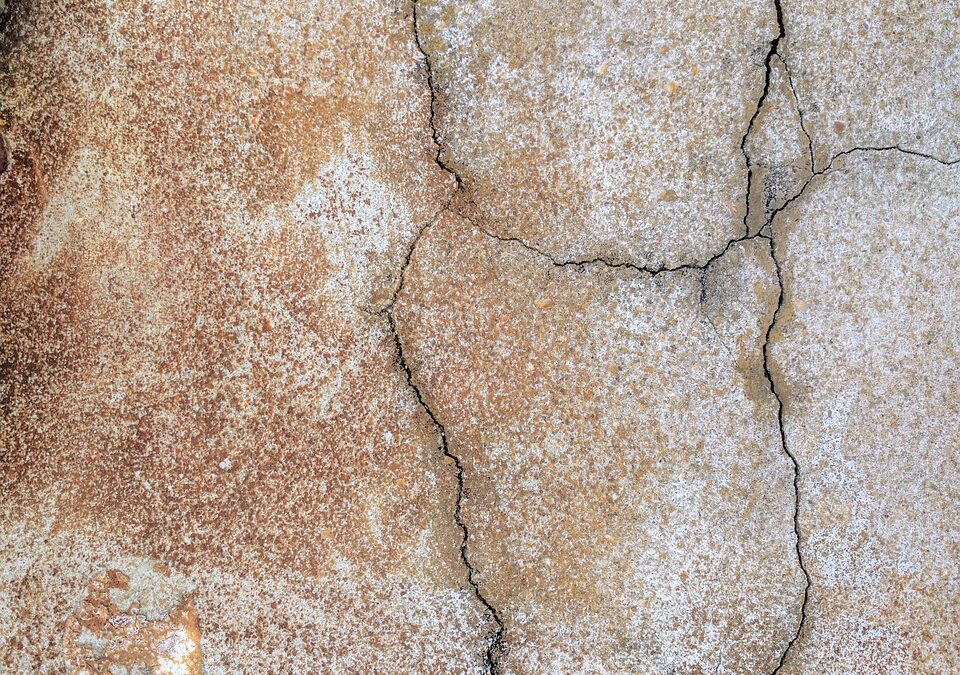Contents
Uncover the Secrets of Excavation: Your Guide to Earthmoving Success
TL;DR – Too Long; Didn’t Read
Excavation is a crucial process in construction projects, involving the removal of soil and debris to prepare land for various purposes. It encompasses a wide range of services, including land clearing, site preparation, trenching, foundation excavation, and demolition. Choosing the right excavation contractor is essential, considering their experience, licensing, equipment, safety practices, and project costs. The excavation process involves site assessment, equipment selection, excavation techniques, soil removal and disposal, and site cleanup. Professional excavation contractors play a vital role in ensuring the success of your project.
Excavation: The Foundation of Construction
Excavation is the process of removing earth, rock, or other materials from a site to prepare it for construction or other purposes. It’s a foundational step in many projects, from building homes to installing utilities and constructing commercial structures.
Types of Excavation Services
Excavation services cater to a wide range of needs, including:
- Land Clearing: Removing vegetation, debris, and obstacles to prepare a site.
- Site Preparation: Grading and leveling a site for construction.
- Trenching: Digging trenches for utilities like water, sewer, gas, and electricity.
- Foundation Excavation: Excavating the foundation for buildings.
- Demolition: Tearing down existing structures and removing debris.
Hiring the Right Excavation Contractor
Choosing the right excavation contractor is crucial for the success of your project. Consider the following factors:
- Experience and Expertise: Look for contractors with experience in projects similar to yours.
- Licensing and Insurance: Ensure the contractor has proper licensing and insurance to protect both parties.
- Equipment and Technology: Modern equipment and technology can enhance efficiency and safety.
- Safety Practices: Adherence to safety regulations and best practices is paramount.
- Cost and Budgeting: Discuss cost factors, including site conditions, project complexity, and equipment usage.
The Excavation Process
Site Assessment
The first step is a thorough site assessment to determine the scope of work. This includes evaluating soil conditions, slope stability, and any potential hazards.
Equipment Selection
The appropriate heavy equipment is selected based on the size, depth, and type of excavation required. This may include excavators, backhoes, bulldozers, and dump trucks.
Excavation Techniques
Different excavation techniques are employed, such as:
- Digging: Using excavation equipment to remove soil and debris.
- Blasting: Using explosives to break up hard rock or other materials.
- Hydraulic Excavation: Using high-pressure water to loosen soil and other materials.
Soil Removal and Disposal
The excavated soil is removed from the site and disposed of properly. This may involve hauling it away to a landfill or recycling it for use in other projects.
Site Cleanup and Restoration
Once the excavation is complete, the site is cleaned up and restored to its original condition, including grading and revegetation if necessary.
FAQs
How long does an excavation project take?
The duration of an excavation project depends on the size, complexity, and site conditions. Discuss your project with a contractor to get an estimated timeline.
What permits are required for excavation?
Permit requirements vary depending on the location and scope of the project. Consult with your local authorities to determine the necessary permits.
How much does excavation cost?
Excavation costs vary based on factors such as site conditions, project complexity, and equipment usage. Obtain quotes from multiple contractors to compare costs and find the best value.
A Concrete Conclusion about Excavation
Excavation is a crucial aspect of construction that requires professional expertise. Hiring a reputable excavation contractor ensures the smooth and successful execution of your project. Contact a local excavation company today to discuss your needs and receive a free estimate or consultation.

